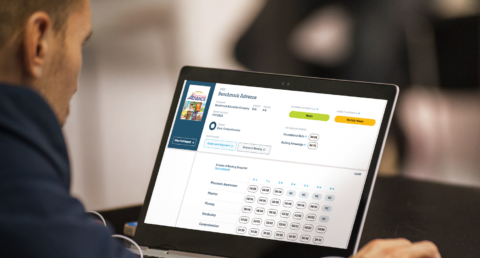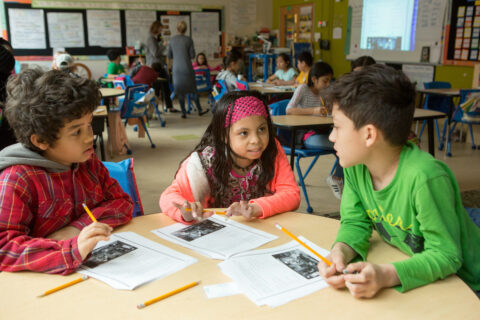3 Key Updates to EdReports’ K–2 ELA Foundational Skills Reviews
EdReports' ELA K-2 foundational skills review tools align more tightly to science of reading research, incorporating input from across the early literacy field.
Related Resources
article
Introducing EdReports’ New Science of Reading Snapshots
Explore in-depth data about science of reading content in early literacy curriculum, plus a guide to the ELA curriculum formats that EdReports reviews.
article
Foundational Skills Materials: Should I Supplement?
Read more about why EdReports is reviewing supplemental foundational skills materials and what to consider when choosing a program for your local context.
article
How to Select a High-Quality K–5 ELA Curriculum
Seek out K–5 ELA materials that empower teachers to help every student succeed in elementary ELA, plus a guide to early literacy curriculum formats.


